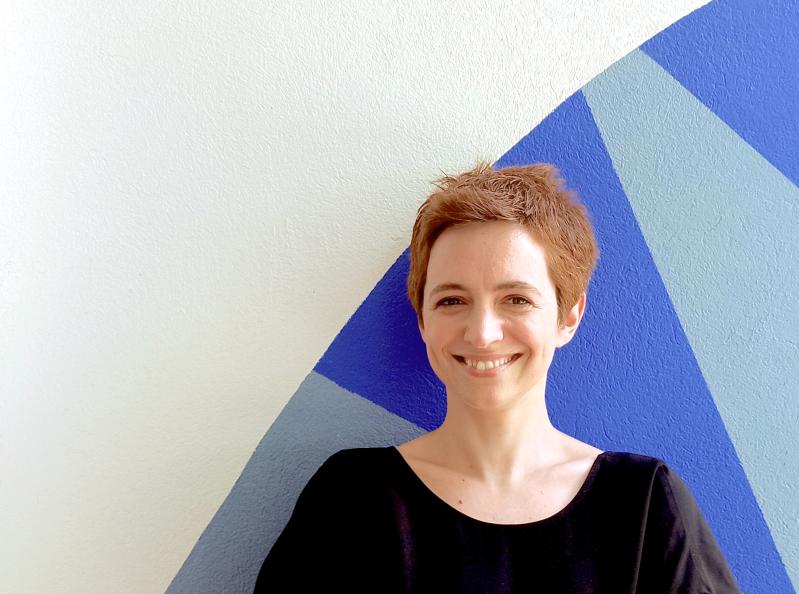Vous êtes ici :
Sonja Lakic

Presentation
Sonja Lakić is an internationally trained architect, urban designer and planner, and a researcher with a PhD in Urban Studies. Her work evolves around the everydayness of contemporary cities and architecture, with a particular interest in anthropological and sociological aspects of architectural design and built environment and, most of all, lived forms of buildings. Topics of Sonja’s curiosity include (but are not limited to) open architecture, dialectical urbanism, buildings as living archives, emotional geographies, ethics of care, architecture and happiness, notion of home and practices of homemaking, housing and informality, homeownership and cultural heritage in the post-conflict societies. Sonja operates across different disciplines and scales, works visually and collects oral histories, practicing unconventional ethnography and storytelling mainly through photography and filmmaking, curating architecture, exhibitions, and her own life. In 2020, Sonja’s project “Apartment Biographies”, which was based on her PhD research on the post-socialist urban transformation of medium-sized ex Yugoslav cities, assigned her with the badge of Future Architecture 2020 Fellow. Sonja was appointed visiting researcher and a guest lecturer at ISCTE Lisbon and Universidad NOVA de Lisboa. She is a member of the international ETNO.URB network and has been collaborating with different institutions and organisations worldwide, such as Future Architecture Platform, Lisbon Architecture Triennale, MAXXI - Museo nazionale delle arti del XXI secolo, Copenhagen Architecture Festival, MAO – Museum of Architecture and Design in Ljubljana, Slovenia, Estonian Museum of Architecture etc.
Research Project
«Tales from the Peripheral: Melancholy and the Other. Curating Cities and Placemaking in the post-Yugoslav urban space » brings to light the ‘how’ of places across the former Yugoslav urban space, making an original scientific contribution on socio-cultural practice of curating cities and shaping places through the perspective of “melancholy and the other” (Akcan, 2005). The research approaches the aforementioned cities as the non-western subjects that swing between the fascination and resistance towards the modern “West” while (re)constructing and (re)establishing the post-Yugoslav identity of their own. Working across different disciplines, such as architecture, urban anthropology and ethnography, sociology and urban geography, and altering between different scales, the tales from the peripheral track lived forms of cities, narrating the everydayness of rather controversial practices of appropriation and production of space and, finally, dominant cultural politics, juxtaposing these with grand narratives and macro histories in the making. Understanding melancholy as “a mode of collective production” that constitutes the human state of mind and emotions (Akcan, 2005), the research focuses on authorities-initiated practices that evoke ethnically clean national histories, while simultaneously collecting voices of residents through series of micro-narratives in the form of storytelling, photographs and films. This is a journey through landscapes of anarchy and a portrayal of the everyday subversive practices; a chronicle of day-to-day political manoeuvres and attempts to be validated as contemporary enough; an investigation of life unfolding in the peripheral places across the country that is long gone and is no more; a chronicle of what takes place in the outskirts of Europe; an atlas and a visual testimonial of a new spatial phenomenon, new morals and ethics, freedom, social upheaval and demographic change.


